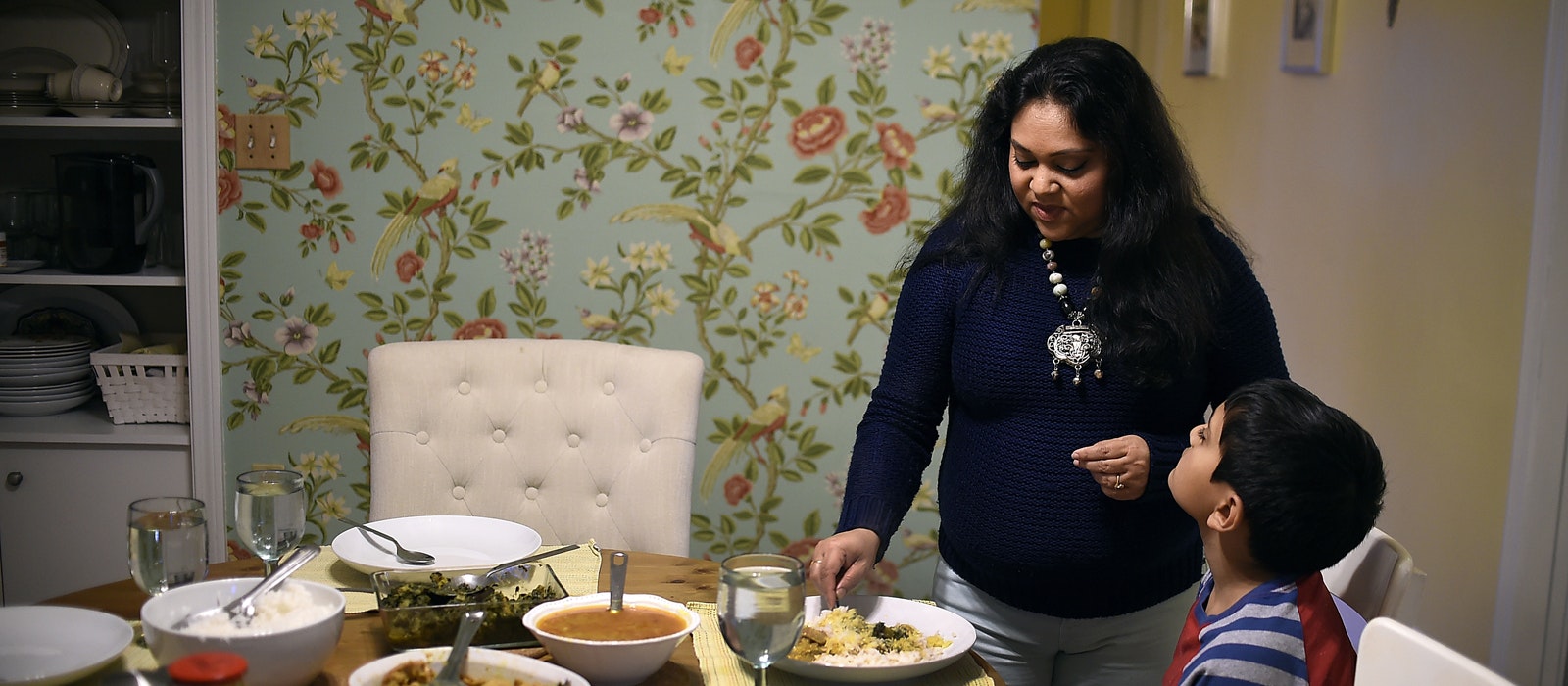"If children of immigrants turn 21 before receiving a green card, they are no longer considered “children” for immigration purposes."8 USC 1101(a)(B)(1)
The U.S. immigration system prioritizes family unity, but the lengthy green card process poses challenges
Keeping families together has long been a foundational principle in America’s immigration system. Many employment-based temporary visa programs, such as the H-1B highly-skilled temporary worker visa and the E-2 investor visa, allow immigrants to bring dependent children and spouses with them.
Allowing visa holders to bring dependents with them invites families to build a life in America and to put down roots together. Their children often grow up in the United States, going to school, playing sports, worshiping, and participating alongside U.S.-citizen kids in communities across the country. Many rightly see America as their home, and are ready to build their futures here.
Unfortunately, many of these young people are seeing their futures thrown into disarray before they can begin. That’s because their status as dependents also have limitations, particularly if families decide that they want to make their move to America permanent by applying for permanent residence (a “green card”).
If children of immigrants turn 21 before receiving a green card, they are no longer considered “children” for immigration purposes, and they must secure a different immigration status to remain in the United States lawfully. If they cannot do so, they have to depart the country or risk becoming undocumented, exposing them to deportation and jeopardizing their future immigration options—and upending the lives they have built here.

